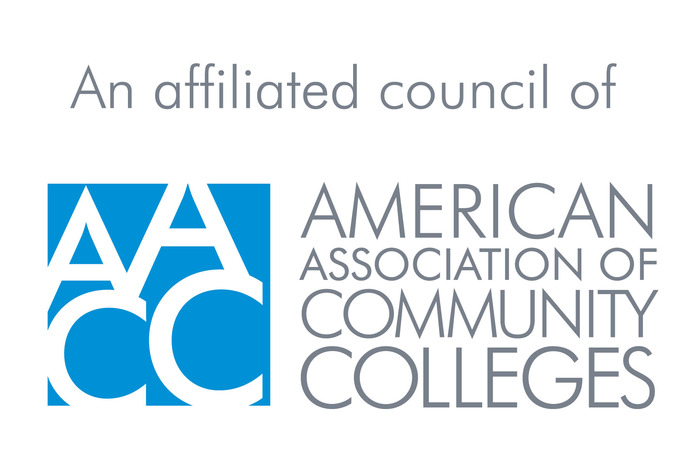Table of Contents
Editor's Update
Martin A. Hoffman, Sr., Ed.D, Dean of Learning Resources, Rowan College at Burlington County, Mount Laurel, NJ
Tales from the Trenches: "Nine Percent"
Martin A. Hoffman, Sr., Ed.D, Dean of Learning Resources, Rowan College at Burlington County, Mount Laurel, NJ; Cristina Martinez Sullivan, Ed.D, Interim Vice President of Academic Affairs, Dean of Academic Affairs, TCC Connect Campus, Tarrant County College District, Fort Worth, TX; Beth Ritter-Guth, Associate Dean of Online Learning & Educational Technology, Northampton Community College, Bethlehem, PA; Sheri Prupis, Director of Teaching & Learning Technologies, Virginia Community College System (VCCS), Richmond, VA; Colin Stapp, Learning Technology Facilitator, Center for Academic Innovation, Chemeketa Community College, Salem, OR
Just nine percent of the colleges who responded to a poll indicated that they had a plan to use technology for instructional continuity in the event of a pandemic. Yet despite this, most colleges managed to pivot to emergency remote teaching and heavily leveraged instructional technology to do so. These are the stories of five organizations, as told by individuals involved in everyday operations, regarding how they rose to the occasion during the COVID-19 crisis, including lessons learned and a call to action for better preparedness in the future. Our peers discuss the importance of planning and other resources and reactions that made this possible.
Maximizing Online Readiness and Excellence: Improving Online Student Performance Using a Three-Pronged Intervention Approach
Eric E. Goff, PhD, Department of Biological Sciences, Midlands Technical College, Columbia, SC; Devin Henson, Ed.D, Associate Vice Provost, Midlands Technical College, Columbia, SC
The Maximizing Online Readiness and Excellence (M.O.R.E.) program was developed at a two-year technical college in Columbia, SC, in response to national trends highlighting the underperformance of students enrolled in online courses compared to their in-person counterparts. Implementation of a three-pronged intervention approach focused on student preparation, faculty preparation and enhanced online student support. Results from the first full year of implementation show an overall increase in student success in four of the six courses targeted for analysis. Results also show an overall decrease in student withdrawal rates in five of the six targeted gateway courses. The report below outlines the work of the M.O.R.E. program and provides insight into the efficacy of the three main interventions developed as part of this project.

